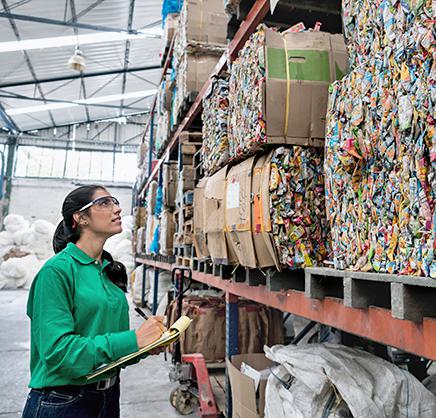Environment Auditors

- 11 Sep 2025
In News:
The Ministry of Environment, Forest and Climate Change (MoEFCC) has notified the Environment Audit Rules, 2025, authorising the creation of a new, independent cadre of environment auditors. This marks a significant reform in India’s environmental governance framework, aiming to strengthen compliance, accountability, and transparency in monitoring ecological regulations.
Background and Rationale
Environmental monitoring in India is primarily overseen by the Central Pollution Control Board (CPCB), Regional Offices of MoEFCC, and State Pollution Control Boards (SPCBs)/Pollution Control Committees (PCCs). However, these bodies face persistent challenges of manpower shortage, limited resources, and infrastructural constraints, which hinder effective enforcement across the vast number of industries and projects.
To address this gap, the government has introduced environment auditors—certified professionals or accredited private agencies—who can supplement regulatory agencies in compliance verification. This is expected to enhance the implementation of environmental laws while promoting self-regulation by industries.
Key Features of Environment Auditors
- Legal Basis: Established under the Environment Audit Rules, 2025.
- Nature: Independent class of licensed professionals/agencies accredited to inspect, verify, and audit industrial and infrastructure projects.
- Functions:
- Conduct systematic environmental audits of projects under existing environmental laws.
- Sample and analyse emissions, effluents, and waste.
- Report non-compliance and compute environmental compensation.
- Act as verifiers under multiple regulatory frameworks, including the Green Credit Rules, E-Waste Rules, and Plastic Waste Rules.
- Provide independent data for climate action planning, ESG ratings, and sustainable development initiatives.
Linkage with Green Credit Rules
Audits by these accredited agencies will also support compliance with the Green Credit Rules, 2023, which incentivise activities like afforestation, water management, waste reduction, and pollution control through tradable “green credits.” Environment auditors will thus act as third-party verifiers, ensuring credibility in the crediting process.
Significance of the Reform
- Bridges Institutional Deficits: Addresses manpower and infrastructure shortages in SPCBs and CPCB.
- Promotes Accountability: Encourages industries to adopt self-compliance mechanisms rather than relying solely on regulatory enforcement.
- Enhances Transparency: Independent, third-party verification fosters stakeholder trust in environmental governance.
- Strengthens Climate Commitments: Provides robust compliance data for India’s climate action goals and sustainability reporting.
- Reduces Regulatory Burden: Eases the monitoring load on overstretched government agencies.
